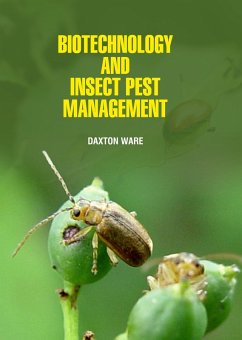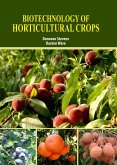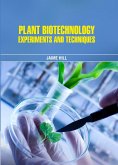Biotechnology has contribute much to the field of insect pest management so far, from side to side development of transgenic plants and other novel ecofriendly products to manage insects. Recognition of the importance and relevance of biotechnological applications in insect control is gaining momentum. There is also improved interest among scientists in developing novel strategies for insect pest management. Realizing the possible benefits and constraints in the use of biotechnology in insect pest management, a national symposium on 'Biotechnology and Insect Pest Management' was organized freshly. Deliberations during the symposium covered various aspects such as insect resistant transgenic crops, microbial pesticides - process and development, botanical pesticides - process and development, hybridization techniques in the production of potential natural enemies, insect and animal vectors of diseases and biosafety concerns, etc. Genetic engineering has been used to enhance the insecticidal efficacy of various strains of Bt by increasing virulence, extending host range, and increasing field stability, and by introducing alternative toxins to facilitate resistance management. Techniques have been developed for production by genetic means of new strains of Bt with new combinations of toxin genes. Crop varieties resistant to insects are far less common than disease-resistant varieties, because plant breeders have traditionally focused more on disease resistance. However, if they are available, resistant varieties can be an effective defense against insect pests. But even when insect-resistant cultivars are not available, some varieties may be less attractive to pest species or may tolerate more damage than others. Plant size, shape, coloration, leaf hair, cuticle thickness, and natural chemicals (attractants and repellents) can all affect pest susceptibility. Farmers can do their own breeding by collecting non-hybrid seed from healthy plants in the field. Plants well adapted to local conditions will be more likely to resist pests. This book throws new light on alternative technologies to control insect pests. Scientists from different institutions from all over world have provided various biotechnology based techniques and other means to manage insect pests.
Dieser Download kann aus rechtlichen Gründen nur mit Rechnungsadresse in A, B, BG, CY, CZ, D, DK, EW, E, FIN, F, GR, HR, H, IRL, I, LT, L, LR, M, NL, PL, P, R, S, SLO, SK ausgeliefert werden.









